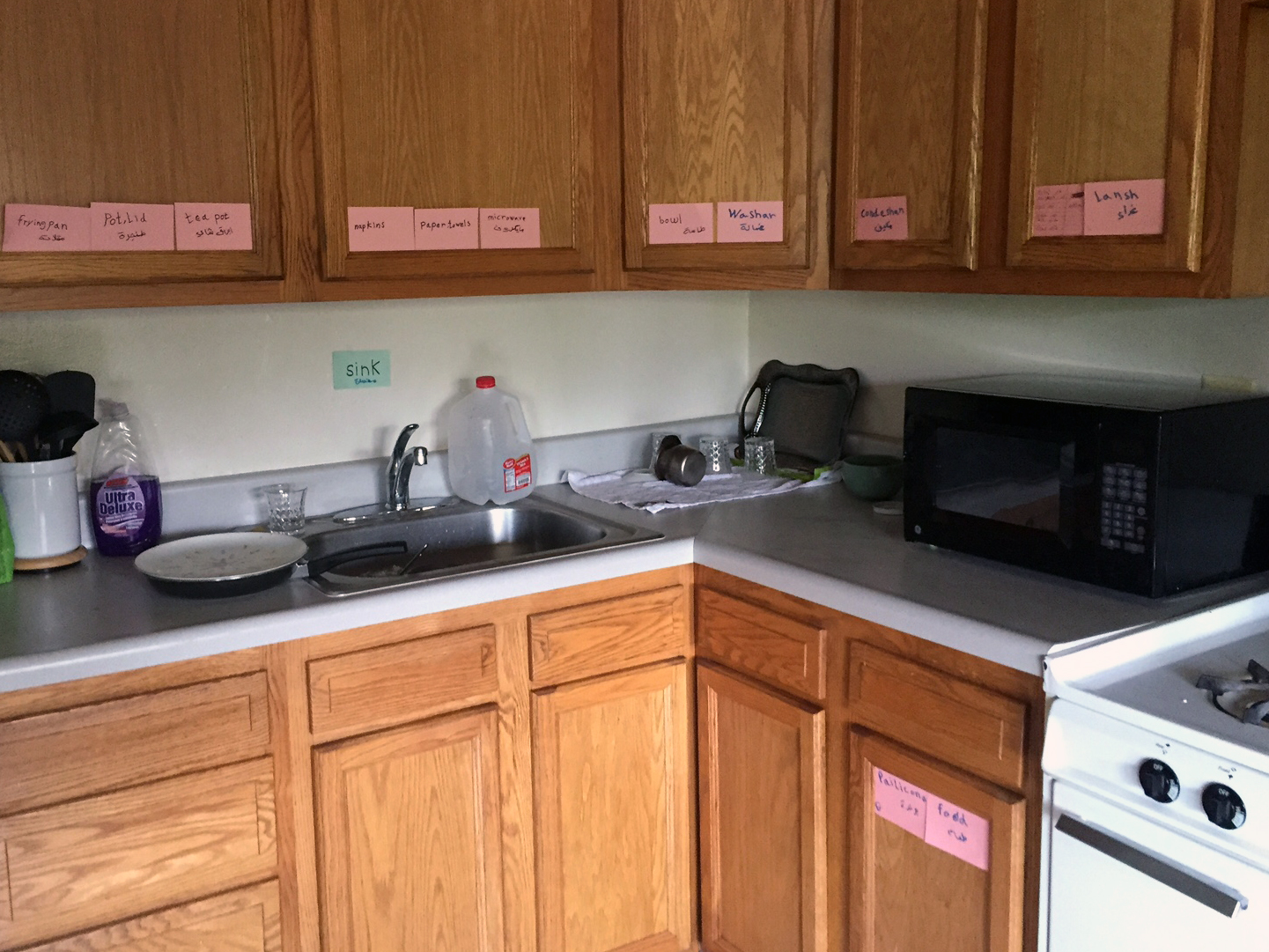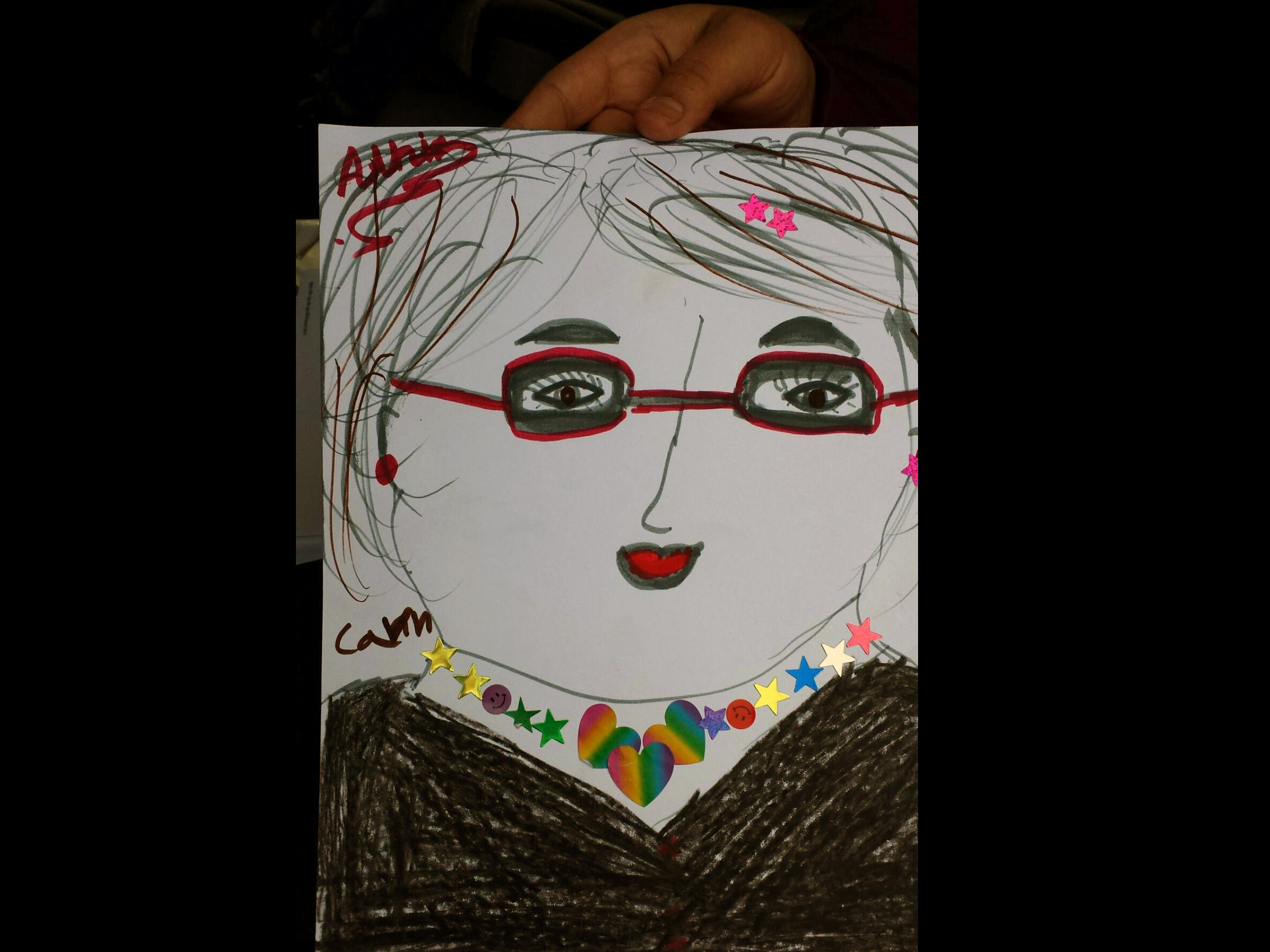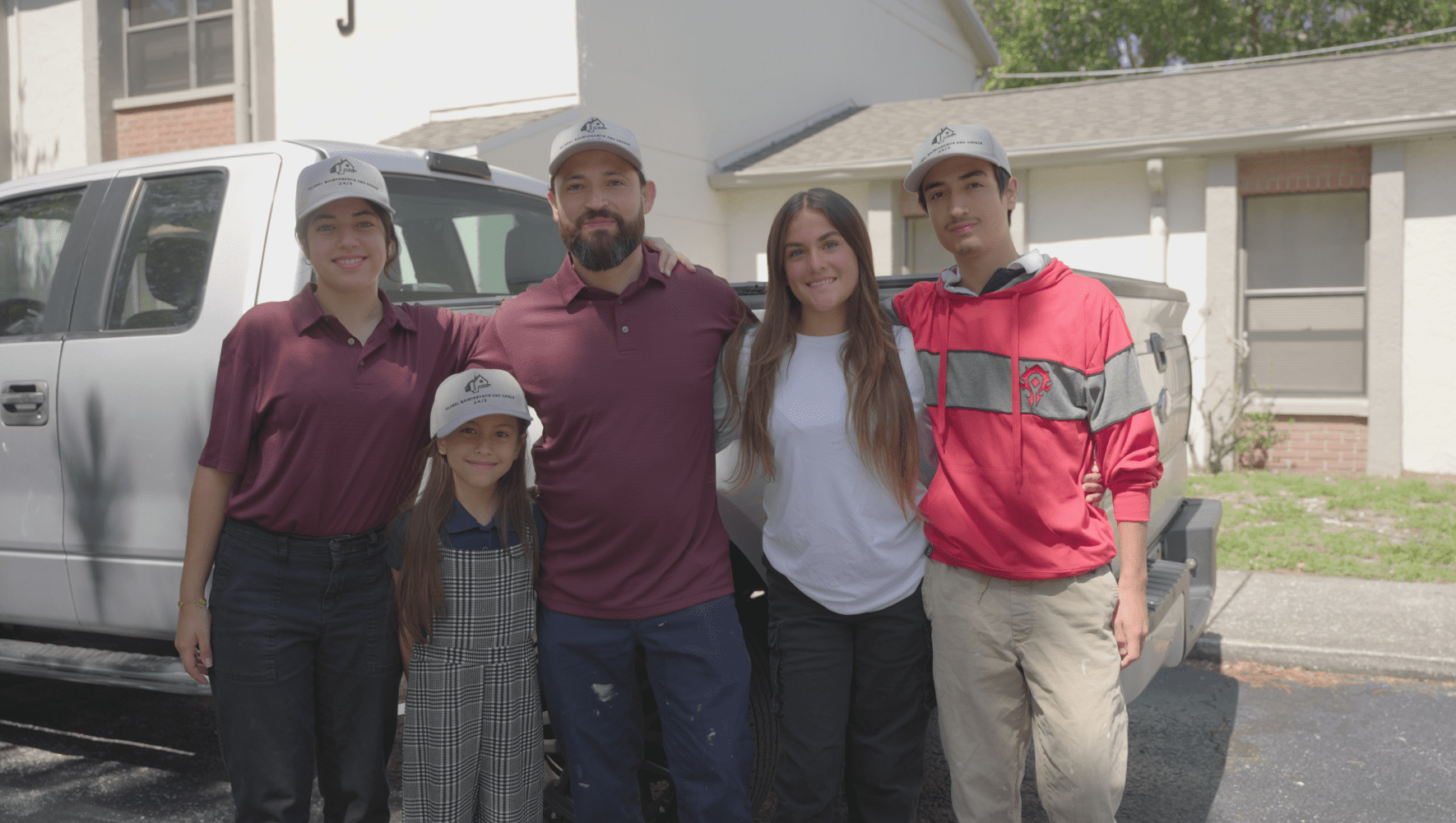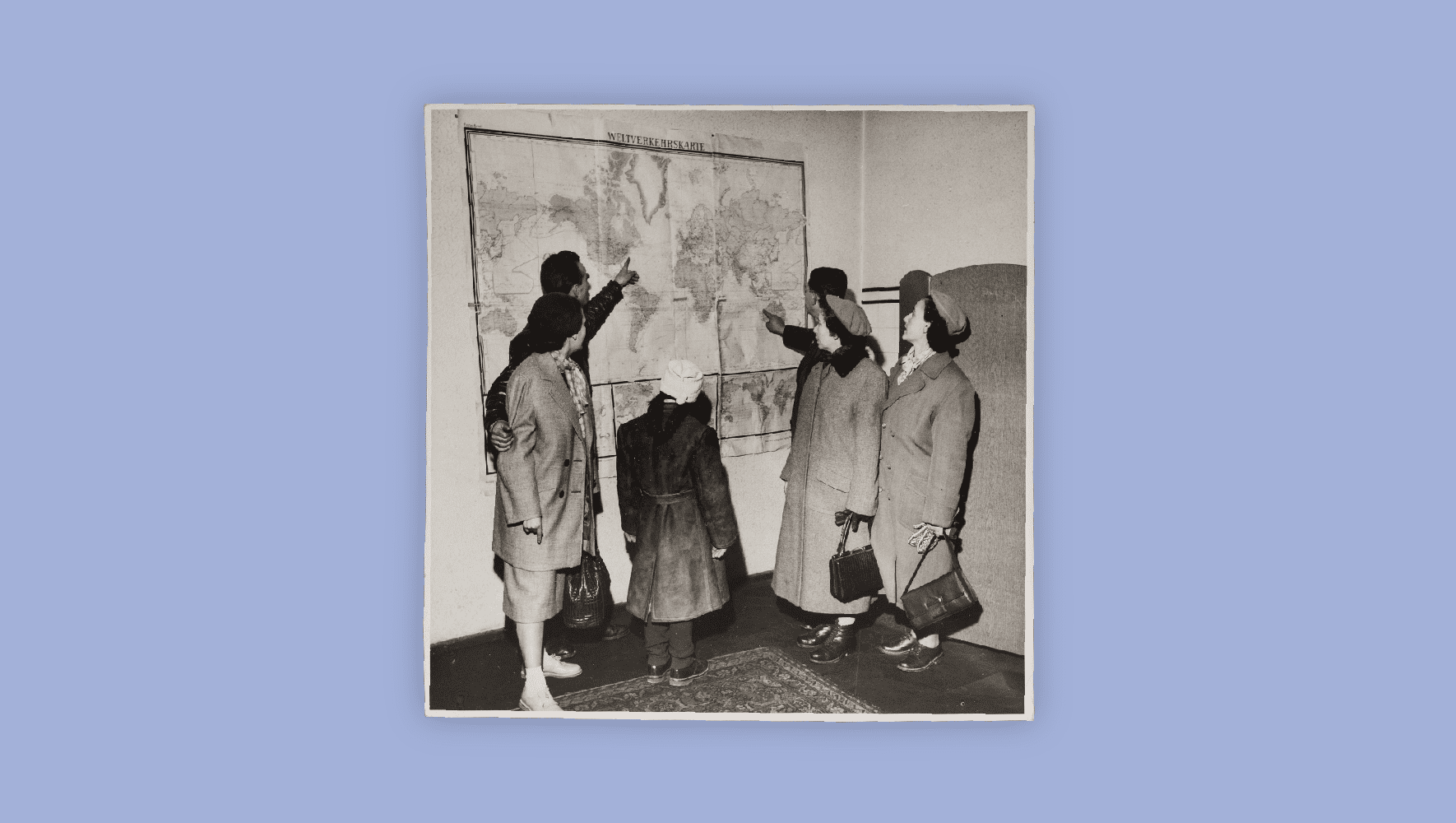Syrian Family Lands in Maryland, Gets Big Welcome from Local Synagogue
By Rachel Nusbaum, HIAS.org
Sep 07, 2016
At 6 p.m. on Thursday evening, Karen Green is abuzz with last minute preparations. In just a few hours, she’ll be at Reagan National airport to meet the new family her congregation has spent the last 10 days anxiously preparing for.
“Right this minute, I would have to admit to being more nervous than excited. I am also excited, but right now I am nervous, too,” she said. “I have to keep reminding myself that they’re not in danger anymore.”
In addition to the support of a local resettlement agency, which every refugee resettled to the U.S. has, the Qabbani* family will have Karen Green on their team from day one.
Green and her congregation, Temple Shalom in Chevy Chase, Maryland, are part of a broader movement among the Jewish community in the United States to respond to the global refugee crisis.
Temple Shalom joined the HIAS Welcome Campaign in May. They had decided to get involved and join the Jewish community in responding to the crisis back in September, when their Rabbi, Michael Feshbach, gave a powerful sermon about refugees over the High Holidays. They formed a refugee task force, and began organizing in order to ensure that whatever they did, they did well and with deep understanding of what they were taking on. Seven months later they were preparing to welcome a family into their community.
They’ve committed, as a congregation, to providing many of the things the family is likely to need immediately upon their arrival. The congregation furnished the apartment, stocked the pantry, and made the family a welcome meal for their first night in Maryland.
“We have little teams for each thing that we committed to do. There were half a dozen of us setting up the apartment over the last few days,” Green said. Altogether, they have a team of around twenty committed volunteers already lined up.
“We will help with transportation and conversational English, until the parents can get enrolled in English classes and maybe even beyond. Things like babysitting while the parents are taking their English placement test or getting their social security cards.” The types of things you might ask a relative or neighbor to help you out with, if you weren’t new in town. The Qabbanis aren’t just new to Maryland, they are starting from scratch in a foreign country after fleeing a war. But they have the support of a whole network of families at Temple Shalom to help them make that transition.
When the Qabbanis arrived at Reagan National at 11p.m., Green and Sarah Nathan, another Temple Shalom volunteer, were there to greet them alongside a translator and a caseworker from Lutheran Social Services of the National Capitol Area, the local agency resettling them.
“It’s a family of six but there will be almost as many of us,” Green says wryly. They’re eager to make the new arrivals feel welcome, but don’t want to overwhelm them either.
Marilyn Ripin, another congregant, researched traditional Syrian recipes, so that their first meal in their new home would be something familiar. They made everything vegetarian, so that it would be halal. Green likened it to preparing a kosher meal, where going vegetarian is also an option if people are particularly observant.
“Tomorrow we will go to the LSS/NCA office and they’ll start on their paperwork with their caseworker. And we’ll probably go get a SIM card for their phone, so that they can communicate with their family, wherever they are. That seems to be people’s first priority when they arrive.”
After that, their focus will be on “trying to help facilitate the initial adjustment,” Green said. “Just familiarizing them with their community. How do you take the bus? How do you bank? Taking them to the library and showing them how that works.”
Her advice to other synagogues looking to get involved: “No congregation should worry about whether they will collect enough stuff to furnish an apartment. We got so many donations, we probably could have furnished three apartments.” They wound up giving some furniture donations to another family when they could not fit it all into the apartment. “And we’ve gotten a lot of gift cards too. People are generous.”
“There are lots of families who don’t get this kind of assistance, who only work with resettlement agencies, so everything that we are able to do is a bonus.”
“We’re hoping we will learn what we’re doing as a congregation, and then hopefully we’ll do it again.”
Click here to learn more about the Welcome Campaign and how your congregation can get involved.
*Name has been changed to protect the family’s privacy





